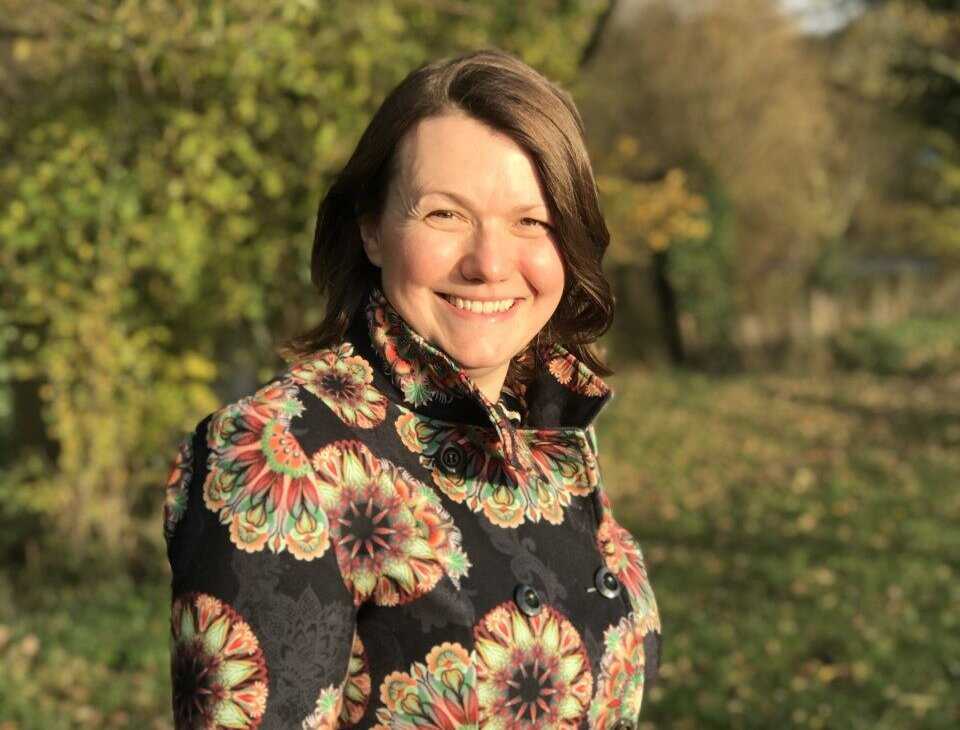
In a recent interview with Dr Amy M. Russell, Associate Professor at the Leeds Institute of Health Sciences, we discussed what constitutes a healthy research culture, with a focus on inclusivity and the challenges surrounding it in this day and age.
Currently, Amy’s research has two strands; addressing health inequalities associated with “underserved” groups when accessing health services and secondly, it aims to support those with learning disabilities become more involved in everyday scientific research such as in vaccine and medication trials, service development, and evaluation.
To tackle these issues, Amy is co-leading a research project alongside Gary Bourlet, co-founder of Learning Disability England. Gary, who himself has a learning disability, is providing his diverse knowledge and unique perspective to inform the project’s design and progression. Together, they investigate methods for the effective integration of individuals with and without learning disabilities into research programmes. For instance, by collaborating with experts in arts, they are looking at how creative approaches can support colleagues with a learning disability express their views regarding the project, what has and has not been successful, and potential improvements.
Another initiative concerns the development of a framework to support access to sexual and reproductive health services for women with disabilities. Amy’ team is researching current methods, assessing what is working well, and considering less common alternatives such as art-based approaches to challenge disability stigma. This project has come about as a result of Amy’ work with the World Health Organization (WHO): “I was part of a group who report on the health of people with disabilities globally… there was a report in 2011, and we created a second report focusing on health. Despite being written over 10 years after the first report, things hadn’t really changed, and it was deeply frustrating that we saw the barriers to accessing good healthcare were the same 10 years later.” Despite her previous efforts to highlight this, the same issue persisted over a decade later.
Therefore, Amy began thinking about how to accelerate progress because it is currently “ridiculously slow.” For this reason, it is critical to challenge the stigma around disability, especially in the healthcare workforce, where the needs of individuals with disabilities are often neglected: “There are a lot of assumptions made about disabled women, many healthcare professionals assume they do not have sexual and reproductive health needs, so we wanted to look at innovative ways of challenging those assumptions.”
In addition to her project work, Amy advocates for the inclusion of under-served groups within the wider research environment: “My vison is an inclusive research environment where no populations are silenced by the way we conduct research. Nobody’s ignored and everybody has an opportunity to take part in and inform the design and conduct of research.” Alongside the Dean for Equity, Diversity and Inclusion, they have highlighted ways to improve the University’s recruitment and contracting processes e.g., employing people from more diverse backgrounds and providing opportunities for scientists with disabilities to use their knowledge and skills. Last year Amy employed Archie, a researcher with a learning disability, and together they fed back on the process of being recruited and employed by the University. Amy’s work spans the life-cycle of research, she is also involved in NHS Research Ethics Committees, observing, and advising their decision-making regarding different groups.
Changes to research culture, Amy feels, can happen more readily when other pressures are removed. The University of Leeds recently introduced Fairer Futures for All, an initiative to provide openended contracts to researchers on fixed-term contracts. Scientists are under a lot of pressure to recruit participants and obtain publishable data as part of their employment contract, and with this change the University is partly relieving this pressure, allowing researchers more time to think about how to resist the reproduction of health inequalities through their research: “Leeds has done a good thing with this scheme. It’s a really good way to promote a healthy culture.”
Overall, Amy’s work is open, collaborative, and inclusive at its core: “I think we are an incredibly supportive institute, and I know that if I go to my colleagues for advice or help then they will support me… we are also becoming more comfortable with sharing failure and problems rather than just our successes.” In academia, researchers are rewarded for their successes – their publications and conference appearances among other things. However, a lot can be learned from “failures,” and it is vital to have a “safe space” to discuss both, as this is what truly drives scientific advancement. Amy fosters a supportive environment for all groups of people, helping to bring (and keep!) them in the research world.